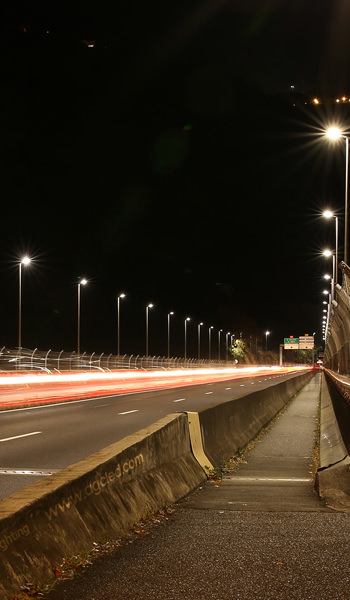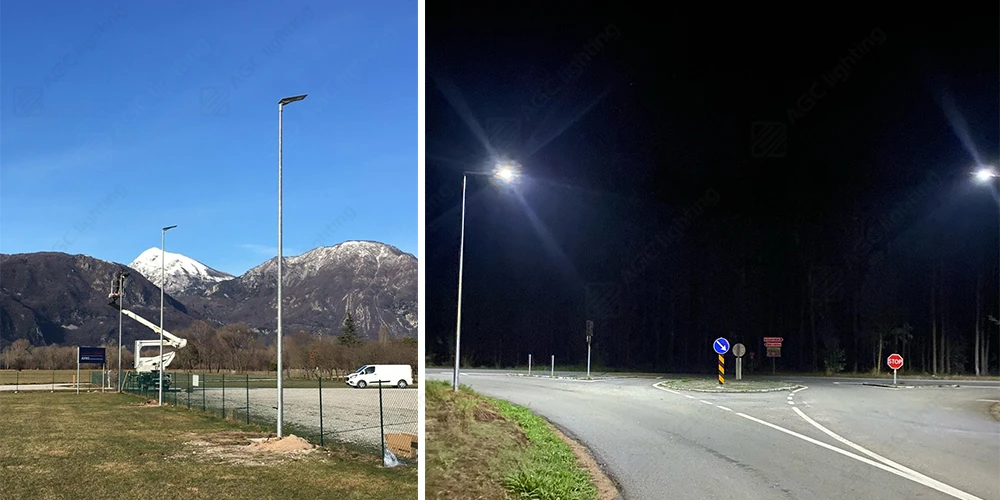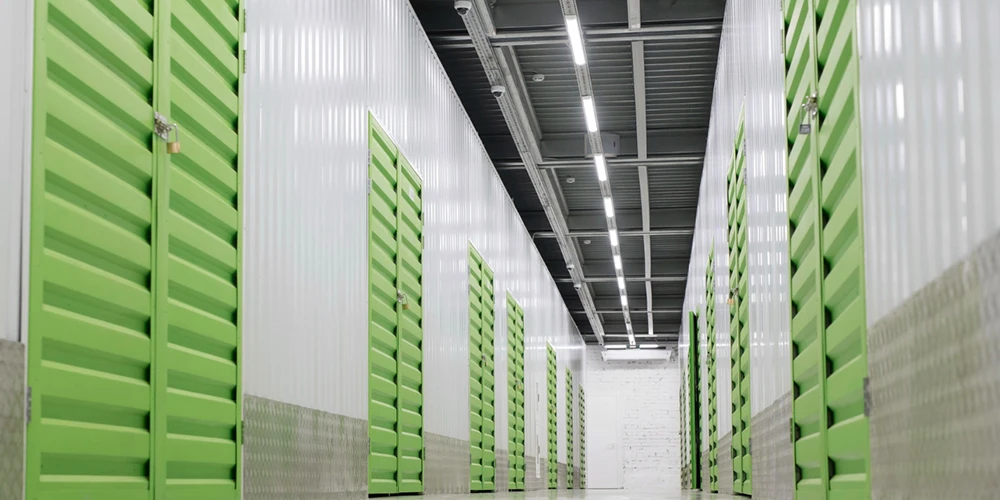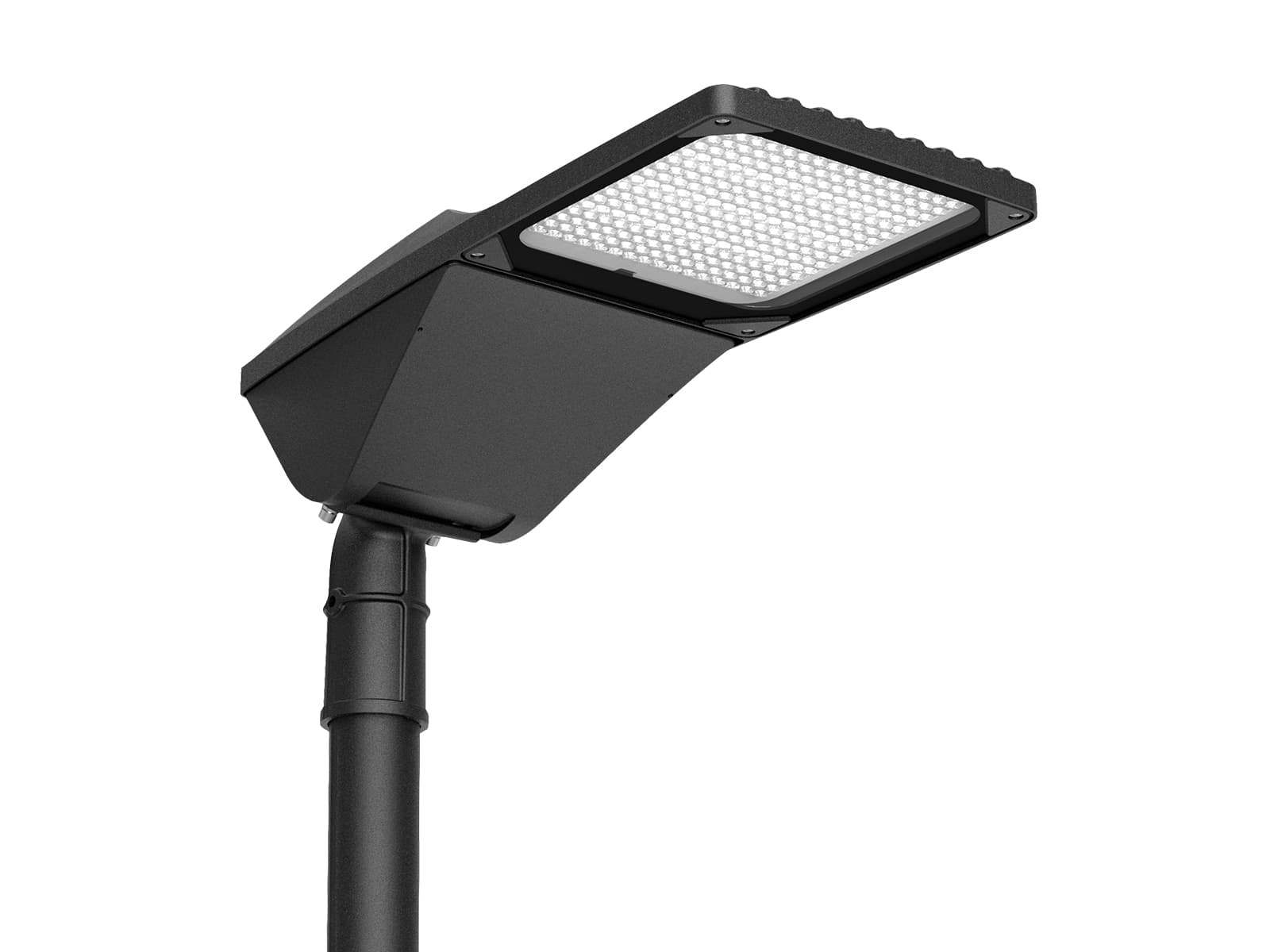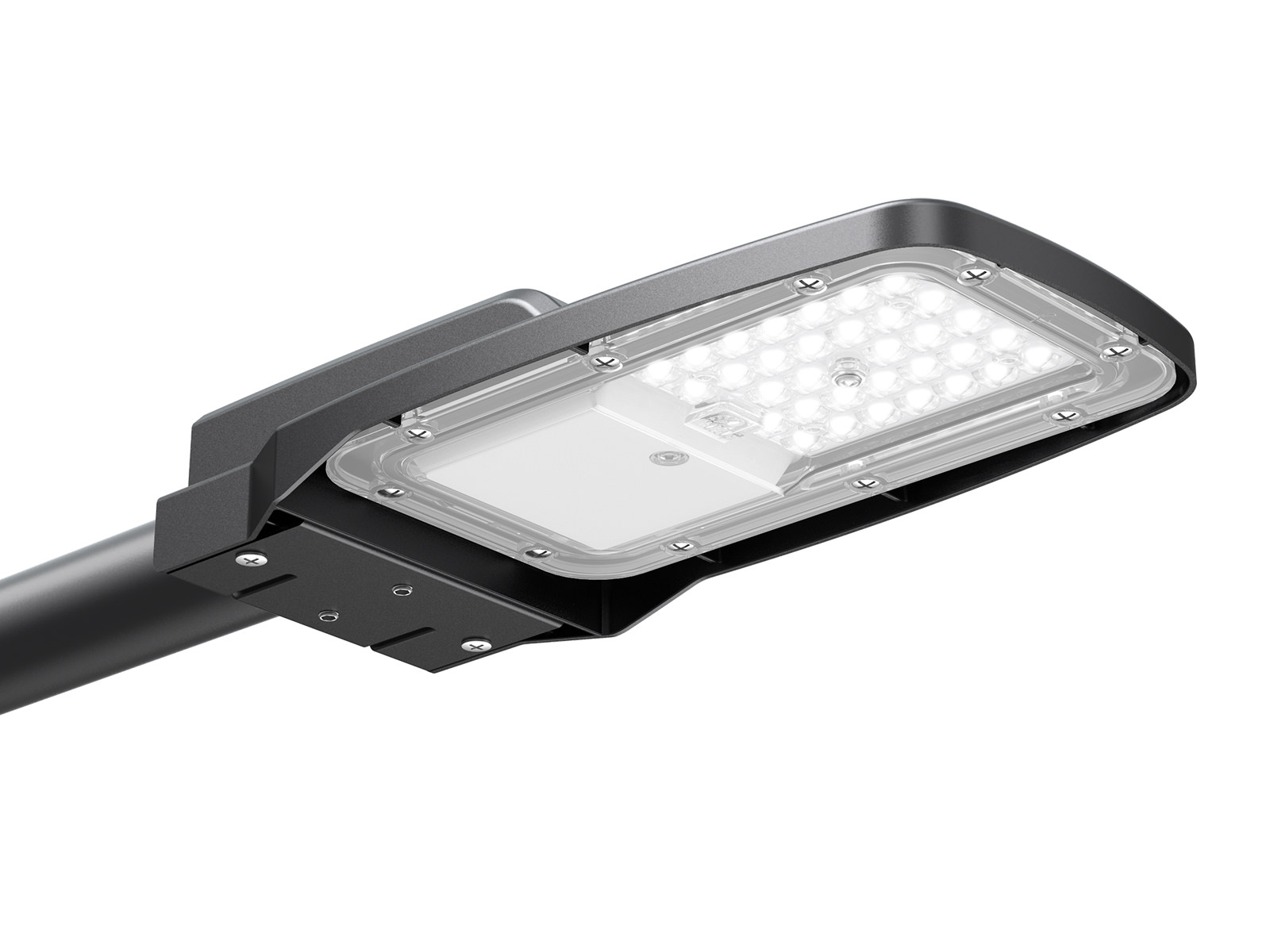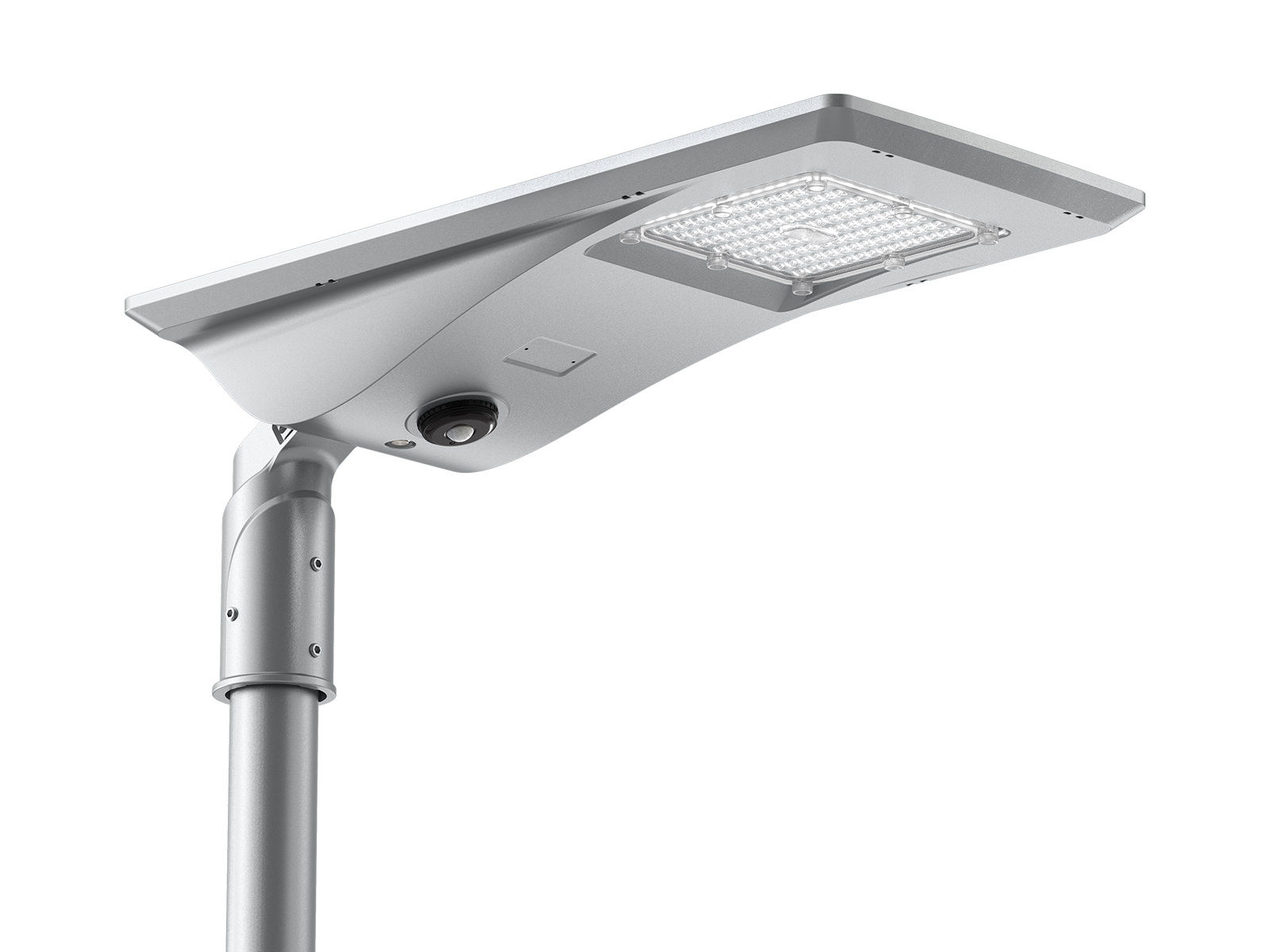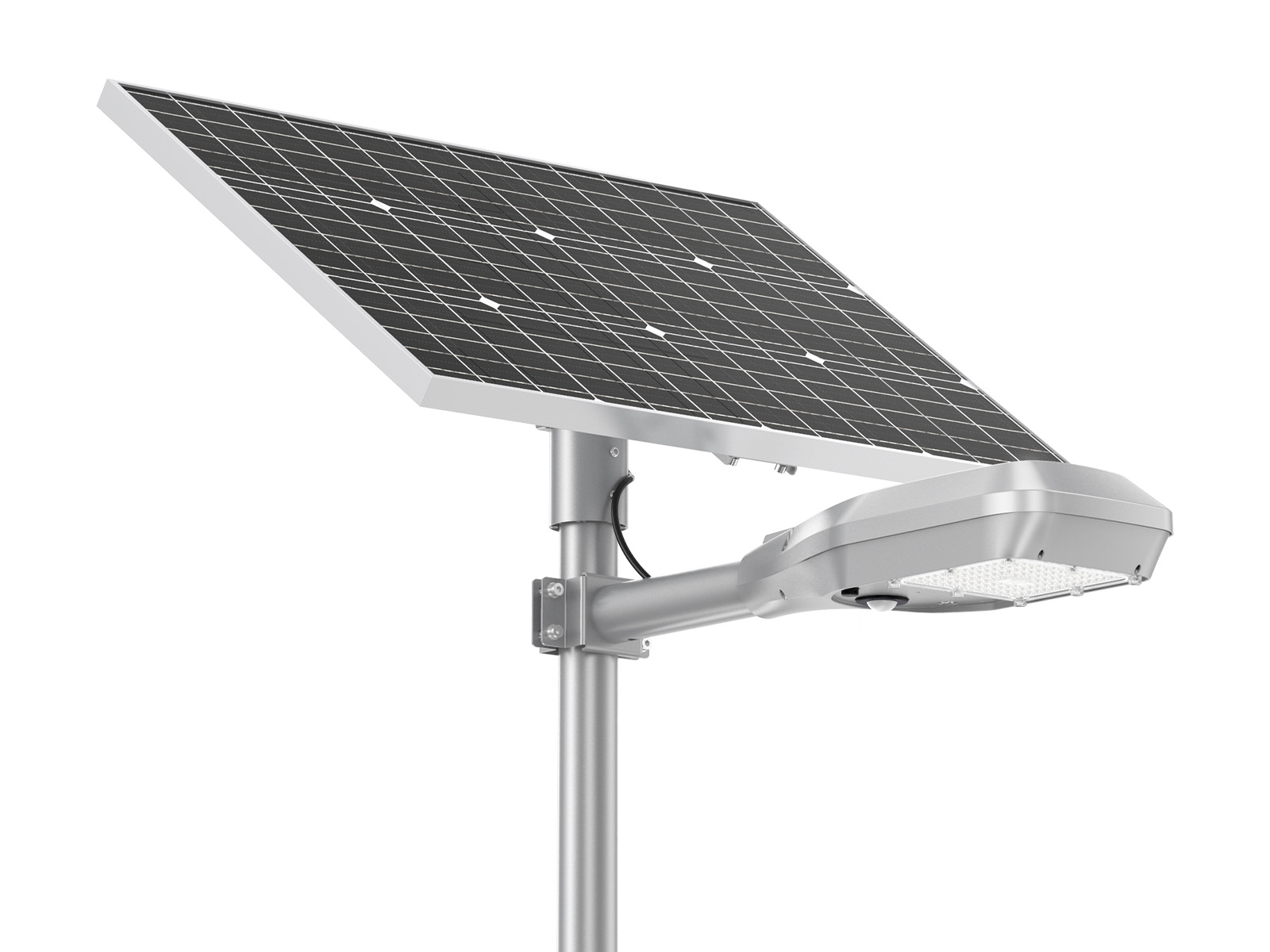By 2050, it is estimated that approximately 75% of the world’s population will live in urban areas. For decades, cities in developing regions have faced challenges such as aging infrastructure, rising public service costs, and increasing environmental emissions. The need for reliable, efficient, and sustainable urban infrastructure has never been more urgent in growing cities.
One of the most effective and practical solutions available to cities is outdoor street lighting with LEDs. With the global number of streetlights expected to reach 350 million by 2025, and street lighting accounting for up to 40% of a municipality’s electricity costs, LED streetlights offer a transformative solution. They reduce costs, improve public safety, and support sustainability initiatives, making them a key component of modern urban planning.
The Critical Role of Street Lighting in Urban Development
Street lighting is more than just a utility—it’s essential for making cities safe, lively, and welcoming after dark. In developing cities, it plays a key role in improving safety, boosting the economy, and building community pride.
Well-lit streets reduce crime and create safer spaces for everyone. People feel more comfortable walking at night, children can play longer, and businesses can stay open later. Studies show that good street lighting can lower nighttime crime by up to 39%.
Streetlights also help the economy by supporting local markets, encouraging longer business hours, and making public transportation safer in the evening.
Additionally, street lighting improves how a city looks, making landmarks stand out and giving communities a sense of progress and hope for the future.
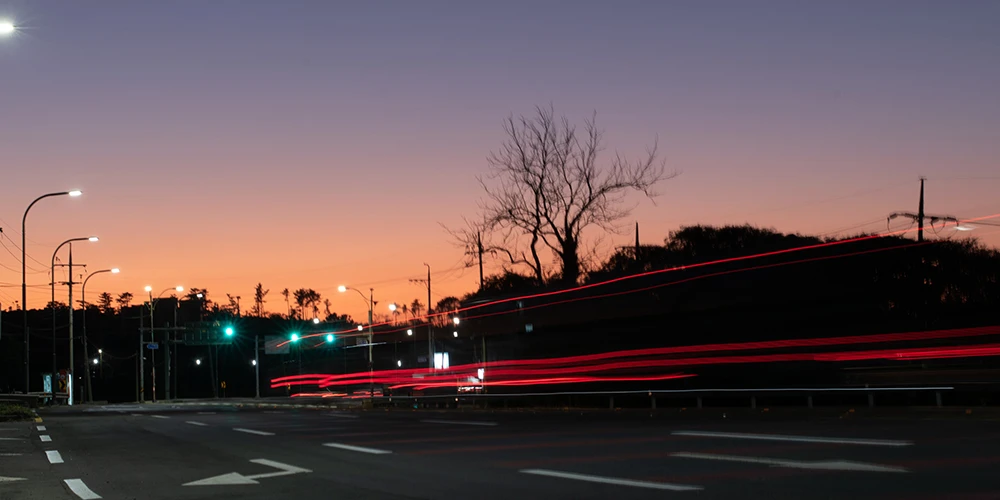
Lighting Challenges in Growing Cities
Developing effective urban infrastructure in rapidly growing cities, particularly in developing regions, is a complex endeavor that goes well beyond simply installing streetlights. Limited municipal budgets, unreliable electrical grids, and surging urban populations combine to create a formidable set of challenges that make street lighting implementation both critical and difficult.
Financial Constraints
One of the most immediate obstacles is financial limitations. Many cities operate on extremely tight budgets, forcing authorities to make tough decisions between competing essential services. Traditional street lighting systems demand substantial upfront investment, alongside ongoing maintenance costs that can easily strain municipal resources. Outdated lighting technologies exacerbate the issue, consuming excessive electricity and driving up energy costs, further burdening city budgets.
Unstable Infrastructure
Inconsistent electrical grids present another major challenge. Many developing regions face frequent power fluctuations and outages, making dependable and energy-efficient lighting solutions essential. Compounding this issue are harsh environmental conditions—such as extreme temperatures, humidity, and dust—that demand lighting technologies designed to endure such environments.
Social and Urban Dynamics
The rapid pace of urbanization adds yet another layer of complexity. As cities grow and populations shift, infrastructure must evolve to meet changing needs. Informal settlements and rapidly constructed urban areas lack systematic infrastructure planning. The challenge is not just about installing lights, but about creating adaptive, scalable lighting solutions that can grow with these dynamic urban landscapes.
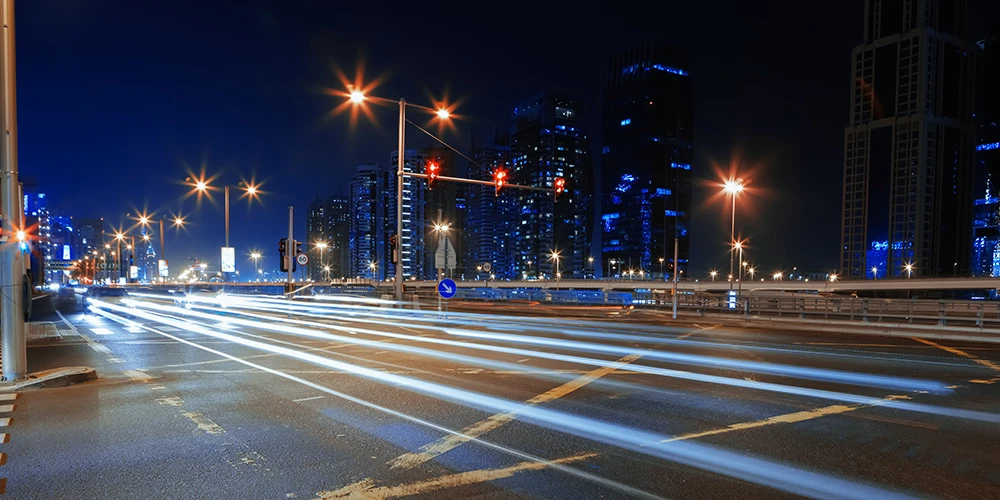
LED Street Lighting Solutions
As a leading LED lighting manufacturer, our technology goes beyond simple illumination—it is a strategic infrastructure solution designed to support urban development in emerging regions.
Economic Efficiency
Economic efficiency is at the heart of our LED street lighting solutions. Compared to traditional lighting technologies, our LED streetlights significantly reduce energy consumption, leading to substantial cost savings. For municipalities working within tight budgets, this efficiency frees up resources for other essential infrastructure projects.
We offer a diverse range of products to accommodate varying budgetary needs. Our cost-effective street lights provide reliable performance without compromising safety or lighting quality, making them an ideal choice for any city or region.
Discover AGC LED Street Lights
Solar-Powered Solutions
In areas with inconsistent electrical grids, our solar street lights provide an innovative and sustainable solution. Equipped with monocrystalline photovoltaic solar panels boasting a 20% conversion rate—30% higher than traditional panels—our solar lights ensure optimal energy capture. The MPPT controller detects real-time solar power generation, tracks peak voltage and current values, and optimizes the charging system for maximum efficiency.
For enhanced reliability, we also offer hybrid solar streetlights. These systems combine solar energy with mains power to charge battery banks, ensuring uninterrupted operation of the LED streetlights.
Smart City Integration
Integration with smart city technologies is another major advantage of our LED street lighting solutions. Our systems support a range of smart technologies, including:
- Sensors: Photocells, PIR, and motion sensors, etc.
- Controllers: such as NEMA and Zhaga sockets for dynamic lighting controls.
- Communication Protocols: PLC, Zigbee, LoRa, and NB-IoT for seamless connectivity.
These features enable remote control of streetlights, including switching, brightness adjustments, inspections, and maintenance. With these smart capabilities, street lighting systems can adapt to the changing needs of urban environments, optimizing energy use and ensuring light is available where and when it’s needed most.
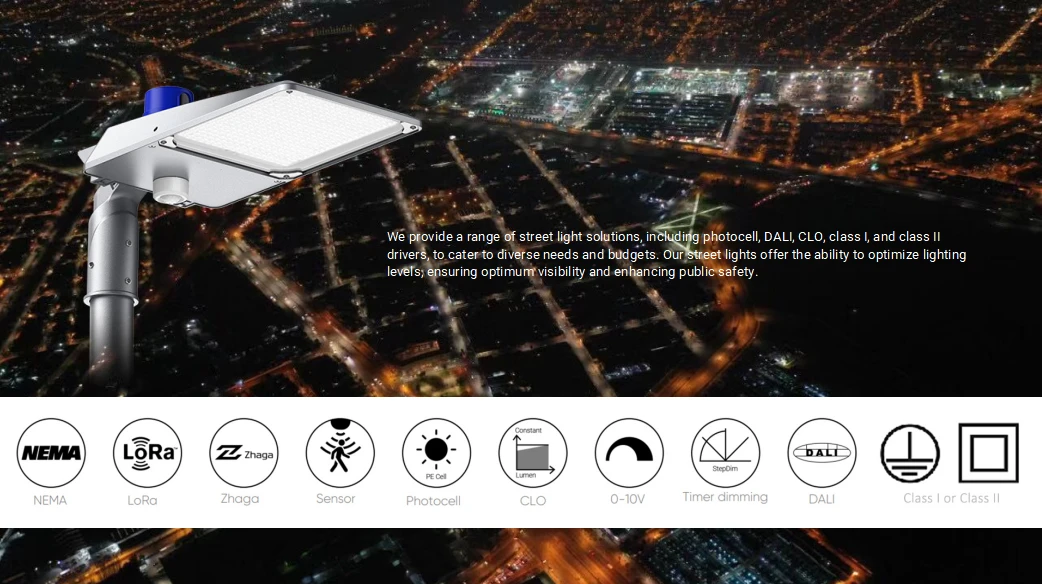
By combining intelligent controls, renewable energy solutions, and efficient LED technology, we’re helping cities evolve into smarter, more sustainable urban spaces.
Let us partner with you to transform your city’s lighting infrastructure into a powerful tool for economic growth and urban development.

